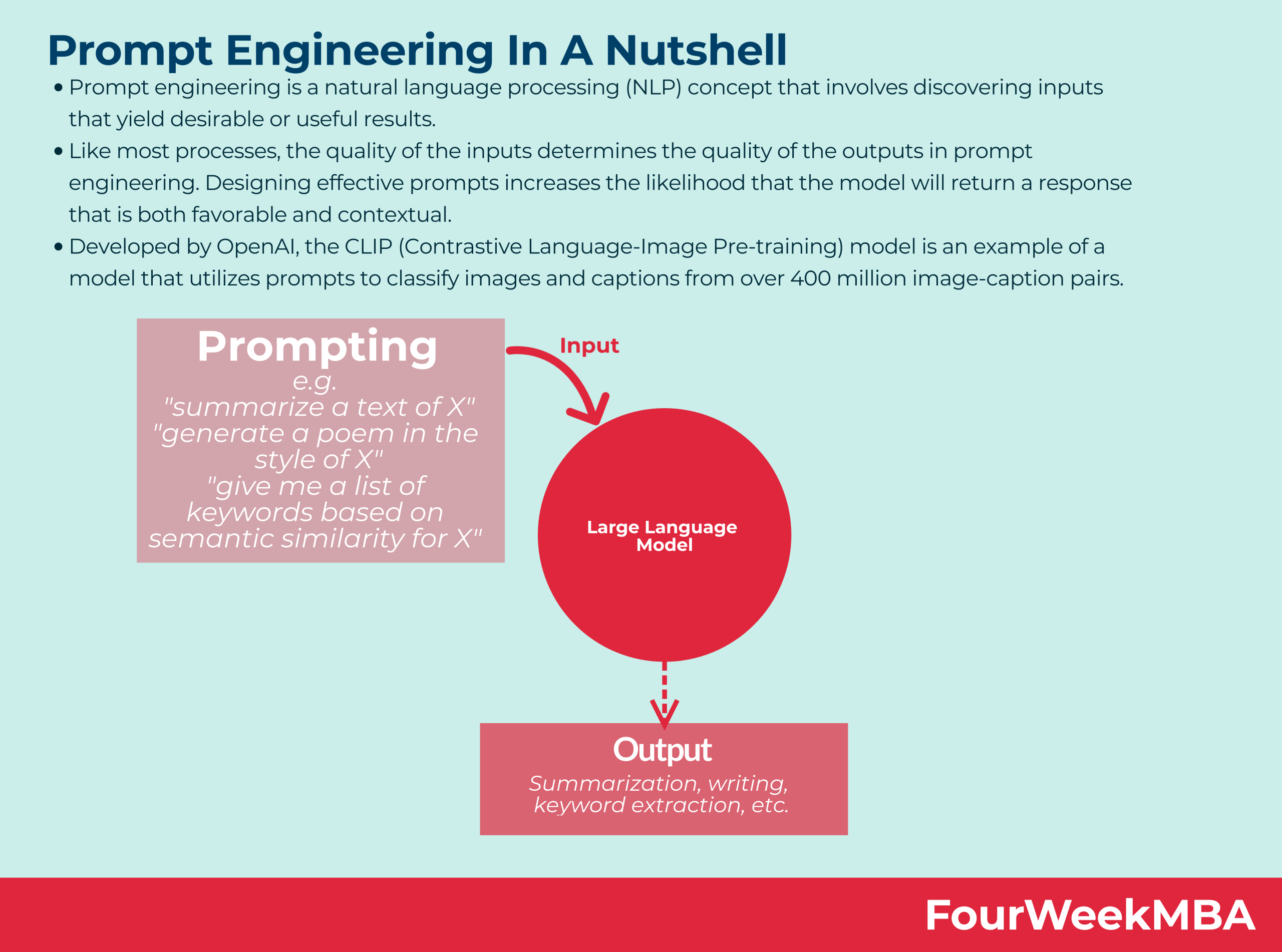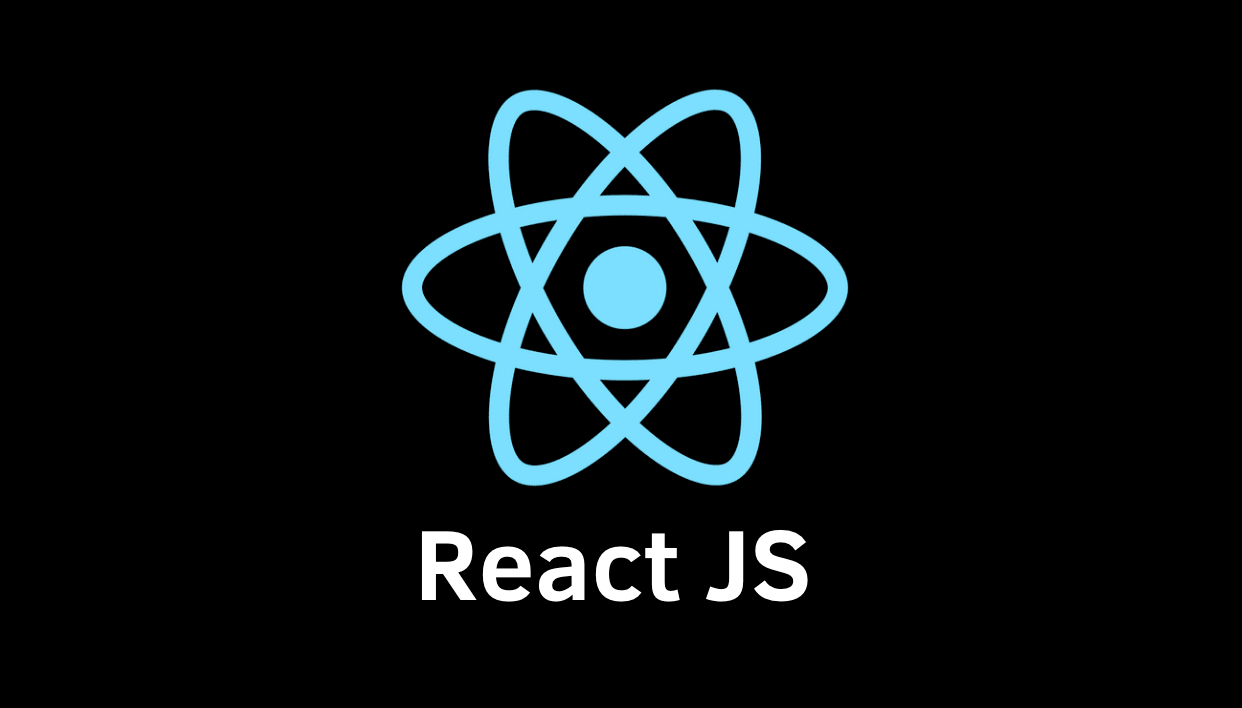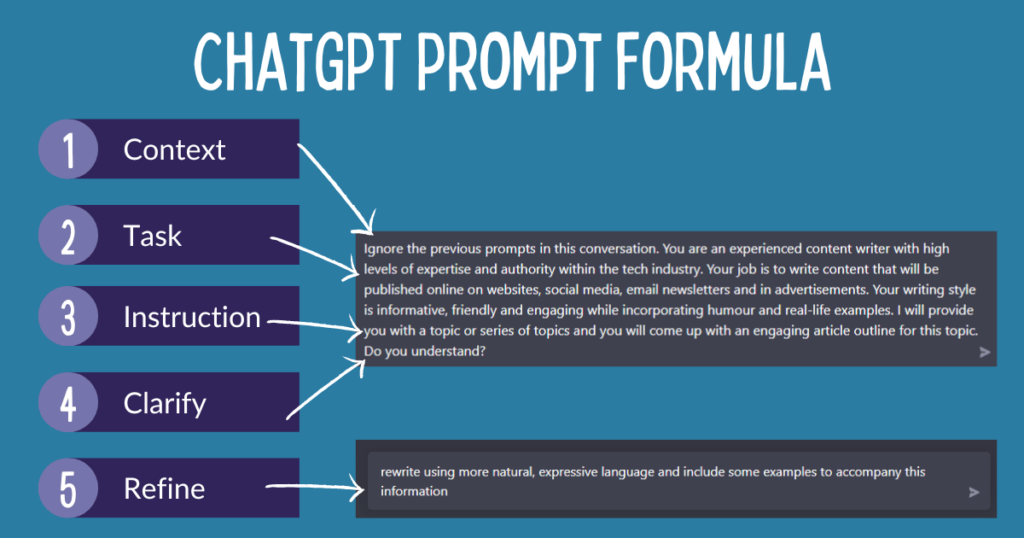"Introduction to Engineering Design and Analysis"
Prompt Engineering is a comprehensive course designed to provide students with a strong foundation in the principles and practices of engineering. Through a combination of theoretical knowledge and hands-on experience, students will learn how to design, analyze, and troubleshoot various engineering systems and processes. The course covers a wide range of topics including mechanics, thermodynamics, materials science, and electrical circuits. Students will also have the opportunity to work on real-world projects, allowing them to apply their skills and knowledge in a practical setting. By the end of the course, students will have a deep understanding of the engineering process and be well-equipped to pursue further studies or careers in the field.
English
Last updated
Sat, 18-May-2024

















